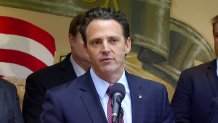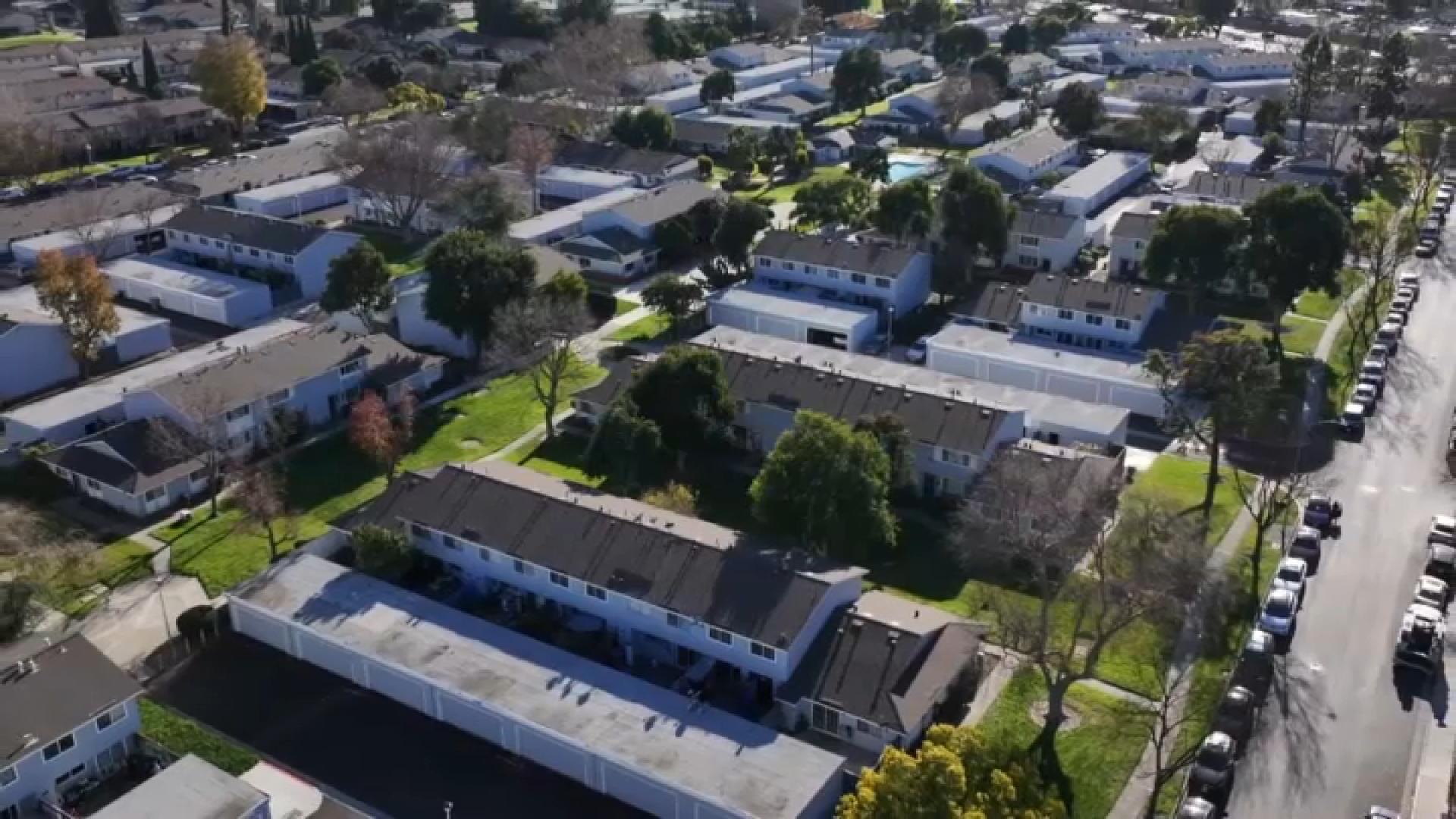A day before Veterans Day there is a new development in a story NBC Bay Area first told you about back in 2017. Alex Padilla, California’s junior U.S. senator, announced he’s now backing legislation to stop the deportation of United States veterans for minor crimes. Senior Investigative reporter Stephen Stock has the latest.
If it passes and becomes law, the Veteran Deportation Prevention and Reform Act will pave the way for immigrant veterans to become U.S. citizens and open the door for vets who were already deported to return to the United States.
NBC Bay Area first investigated this issue more than five years ago and found more than 300 veterans living overseas. All were forced out of the U.S. by immigration reform under President Bill Clinton in the 1990s, which dictated that any number of minor crimes could result in a deportation. Infractions such as: failure to appear in court, drug possession and entering the United States illegally are considered “aggravated felonies” that can trigger a “removal” from the United States. That policy has been applied to hundreds of non-citizen veterans who served the United States honorably during war and peacetime, but who got in trouble with the law after leaving the service.
A congressional report by the Government Accountability Office confirmed the findings of NBC Bay Area’s investigative series: that the Department of Homeland Security didn’t always follow its own rules and at times failed to consider military service in deciding the fate of immigrant veterans.
The bill, H.R. 1182, was originally introduced to the House in February by Representative Mark Takano of Riverside. The bill has already garnered 55 co-sponsors in the House. Today Senator Alex Padilla, joined by other senators, including Diane Feinstein, Elizabeth Warren and Bernie Sanders, formally introduced the bill to the Senate.

“This is some of the best news I've had in a long time,” said San Diego County Supervisor Nathan Fletcher, a retired marine who has worked for years on this issue. He believes the bill, with its bi-partisan support, might provide the momentum to create change.
“The vast majority of the American folks would find it outrageous that honorably discharged members of the American military have been deported,” said Supervisor Fletcher, adding “I think Senator Padilla doing it with some of those high-profile co-sponsors can hopefully elevate the issue and kick start the real action that we need to see.
The Veteran Deportation Prevention and Reform Act, would:
- Establish a Military Family Immigration Advisory Committee to look at a totality of circumstances and make recommendations on whether non-citizen veterans or their family facing deportation should be granted a stay of removal, deferred action, parole, or be removed from the country.
- Direct the Department of Homeland Security to determine whether an individual in removal proceedings is a member of the armed forces, a veteran, or a covered family member – and if so, to transfer their case materials to the Military Family Immigration Advisory Committee.
- Improve the pathway to citizenship for military service members, and their spouses and their children.
- Require DHS to establish a program and application for veterans and their families who were removed from the united states to be admitted back into the country as lawful permanent residents and directs their removal cases to be reopened.
- Direct the DHS Secretary to establish an annual training program for DHS personnel on handling cases involving noncitizen veterans.

Get a weekly recap of the latest San Francisco Bay Area housing news. Sign up for NBC Bay Area’s Housing Deconstructed newsletter.
NBC Bay Area’s Investigative Unit followed one veteran – Enrique Salas - who grew up in Southern California and served honorably in the marines. Salas was later deported after he had some brushes with the law due to a drug addiction. Salas died after a car accident in Tijuana, Mexico, and never managed to regain citizenship in the United States. Under current policy deported veterans can only return to the United States once they die, to be buried in military cemeteries.
The Investigative Unit
Have a tip for The Investigative Unit? Call 1-888-996-TIPS.
"Every day that goes by is another day that another person could face deportation. It's also another day that that person who loved this country enough to take an oath to be willing to die for it has been separated from it,” said Nathan Fletcher.



